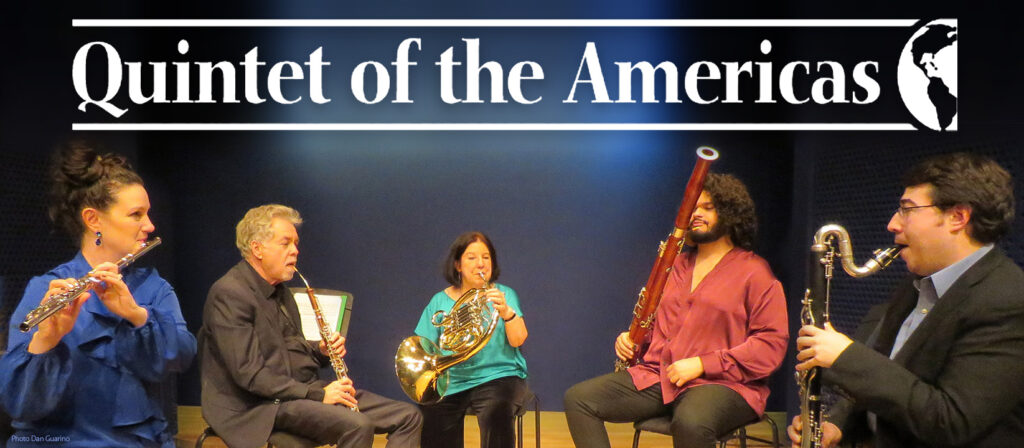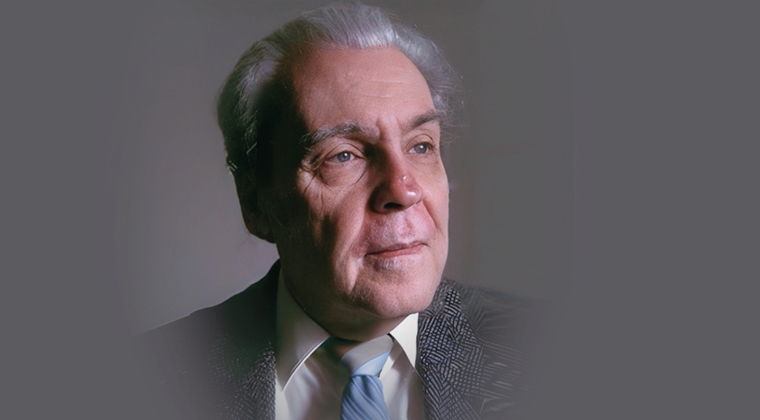La Cubachiana (1993)
Commemorating the centennial in 1986 of the birth of Heitor Villa-Lobos, La Cubachiana was inspired by Villa-lobos’ Bachiana Brasileira No. 5. Ubieta composed the original version for soprano and piano, and then made multiple vocal and instrumental transcriptions which were premiered in the USA and abroad.
The American premiere of the work took place at the Americas Society in Manhattan, NY June8, 1993.
Enrique Ubieta (1934-2015), composer and conductor, was born in Havana (La Habana). He studied at the Conservatorio Municipal de La Habana (now known as Amadeo Roldan Conservatory) with Dolores Acosta (theory), Mario O’Hallorans (solfege), and Francisco Villafane (piano). Ubieta first composed incidental music for the Teatro de Bellas Artes and then worked as a composer and director in film, radio, and television.
Ubieta turned his creative abilities to “phonochromy,” a method of musical notation using color to designate dynamics. After studying in the Soviet Union at the Moscow Conservatory with Aram Khachaturian in 1960, Ubieta composed four songs–“Nana,” “Estribillo,” “Joropiana,” and “Los sones de Manzanillo”–creating and demonstrating his compositional technique with “bimodalism,” enriching his harmonic palette by juxtaposing major and minor chords.
After living in Paris for one year, Ubieta moved to New York in 1965 where his Ensayo Tipico for string orchestra was premiered in Weill Hall at Carnegie Hall (1968), and The Cuban Mass was premiered in 1973 at the Cathedral of St. John the Divine. This last work has received numerous performances worldwide and the score is distributed by Hal Leonard Corporation. Also at Carnegie Hall, his first work for guitar, Bimodal, a sonata in one movement, was premiered in 1975. (9)
In June 2012, the Spanish Government named Ubieta “Miembro de Merito” for his distinguished service and contributions to international music. At a ceremony held in Madrid at the Teatro Real, the prestigious award was conferred by the King of Spain and presented by the Fundacion Carlos III.
Ubieta composed music for the films El Tabaco, Realengo 18, Cowboy, El Papalote, El Super, and En Sus Propias Palabras. His oeuvre include vocal, orchestral, choral, guitar, a zarzuela (Mefistofeles o El Fausto Cubano) and chamber music works, (10) but his piano and guitar piece, New York Rush (published by G. Schirmer, Corp.) and The Cuban Mass are perhaps better known. At this date, no solo vocal scores are available via ILL.

